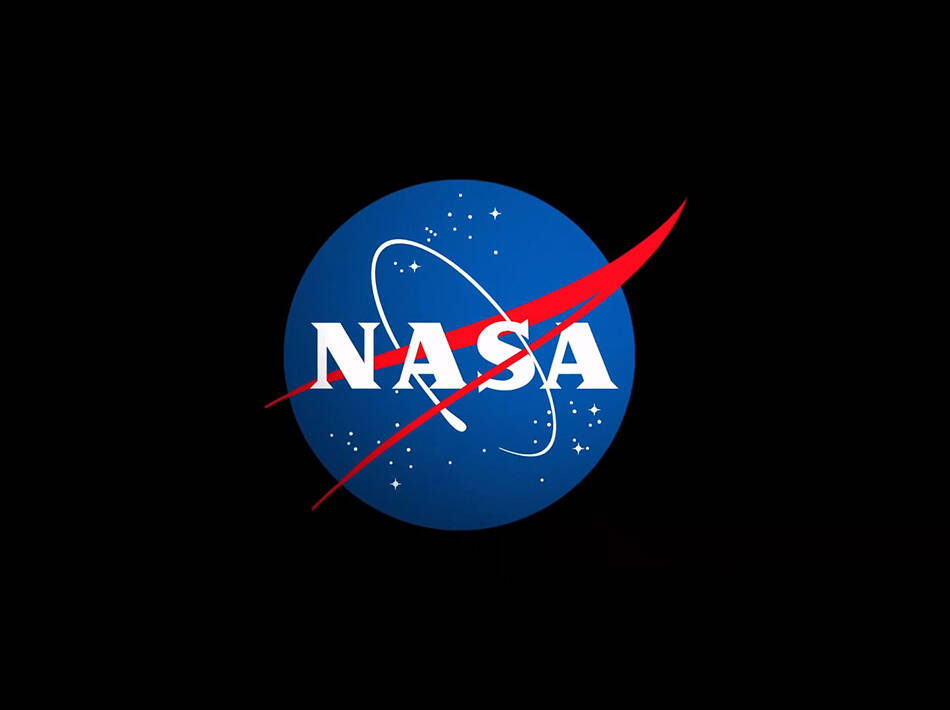NASA Nurtures Promising Tech Ideas
from Small Businesses
APR 22, 2024 RELEASE 24-059
Credit: NASA
New space technology ideas emerge every day from innovators across the country, and NASA’s Small Business Innovation Research (SBIR) program on Monday selected more than 100 projects
for funding. This program offers small businesses in the United States early-stage funding and support to advance the agency’s goals of exploring the unknown in air and space while returning benefits to Earth.
Specifically, NASA’s SBIR program awarded $93.5 million in Phase II contracts to bring 107 new
ideas to life from 95 selected small businesses. Of these businesses, nearly 80% have less than 50 employees, and 21% are receiving their first Phase II award, valued at up to $850,000 each. Each small business was also eligible to apply for up
to $50,000 in Technical and Business Assistance program funding to help find new market opportunities and shape their commercialization roadmap.
“We are thrilled to support this diverse set of companies as they work diligently to bring their technologies to market,” said Jenn Gustetic, director of Early Stage Innovation and
Partnerships with NASA’s Space Technology Mission Directorate (STMD) at the agency’s headquarters in Washington. “Inclusive innovation is integral to mission success at NASA, and we’re excited to see that 29% of the awardees are from underrepresented groups,
including 11% women-owned businesses.”
In Phase II, awardees will build on their success from the program’s first phase to bring their technologies closer to real-world use. The companies have 24 months to execute their
plans, which focus on their technologies’ path to commercialization.
For example, NASA selected women-owned and first-time NASA Phase II awardee nou Systems, Inc. in Huntsville, Alabama, for its genetic testing instrument. While portable genetic sequencing
already exists, field sequencing – that would allow DNA analysis anywhere on Earth or off planet – remains unfeasible as the preparation of the DNA Library remains an intensely manual process, needing a trained wet lab technician and several pieces of laboratory
equipment. The Phase II technology takes advantage of several cross-enabling technologies, creating an instrument to automate the genetic sequencing process.
“Our program works directly with small businesses to forge innovative concepts and technologies that drive impact for NASA projects as well as a myriad of commercial endeavors,” said
Jason L. Kessler, program executive for NASA’s SBIR and Small Business Technology Transfer (STTR) program at NASA Headquarters. “This collaboration results in realized opportunities not only for NASA but all of humanity.”
This includes technologies aiming to reduce astronaut workload and improve robotic scientific endeavors on the Moon and Mars. PickNik Inc. based in Boulder, Colorado, will use its Phase
II award to continue developing a hardware-agnostic platform for supervised autonomy that empowers humans to command a remote robot to complete complex tasks with minimal input, which could support the Artemis program. Outside of NASA, PickNik’s software product
may be of interest to commercial space customers working on low Earth orbit destinations, in-space servicing, and more, as well as on Earth in areas like warehouse management, oil rig maintenance, and deep-sea exploration.
The NASA SBIR program is open to U.S. small businesses to develop an innovation or technology. The program is part of STMD and managed by NASA’s Ames Research Center in California’s
Silicon Valley.
To learn more about the NASA SBIR program, visit:
-end- |

